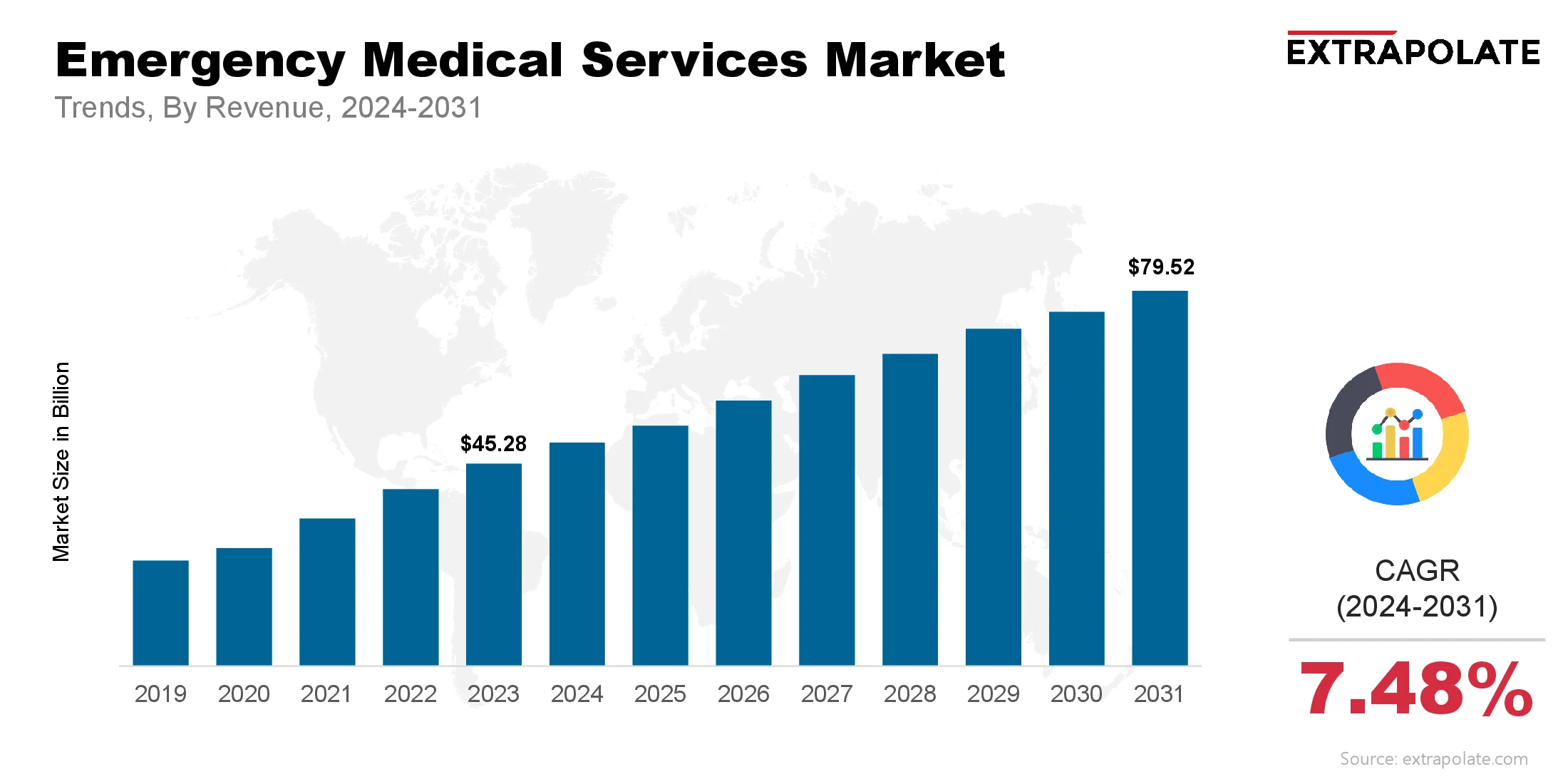By. Amogh Bansal
In recent years, the practice of traveling to another country for
medical treatment has gained significant popularity. However, the
terminology used to describe this phenomenon varies. Some refer to
it as "medical tourism," while others prefer terms like "medical
travel" or "medical value travel." This article aims to delve into the
nuances of these terms and shed light on the ongoing debate
surrounding their usage.
Defining Medical Tourism, Medical Travel, and Medical Value Travel:
Medical Tourism:
Medical tourism traditionally refers to the act of traveling across
international borders to receive medical treatment. The term
originated from the idea that individuals would combine medical
procedures with leisure activities, thus making it a form of tourism.
It emphasizes the potential economic benefits for both patients and
the host country's healthcare industry.
Medical Travel:
Medical travel is a broader term that encompasses both domestic
and international travel for medical purposes. Unlike medical
tourism, medical travel doesn't necessarily emphasize the tourism
aspect or imply the incorporation of leisure activities into the trip. It
acknowledges the fact that individuals may seek medical care in a
different region or country without the primary intention of
tourism.
Medical Value Travel:
The term "medical value travel" emerged as an alternative to
medical tourism, aiming to shift the focus from the leisure element
to the value or quality of care received. Medical value travel
encompasses the concept of seeking healthcare services abroad
based on the notion that certain destinations provide superior
medical expertise, advanced technology, or more cost-effective
treatment options.












